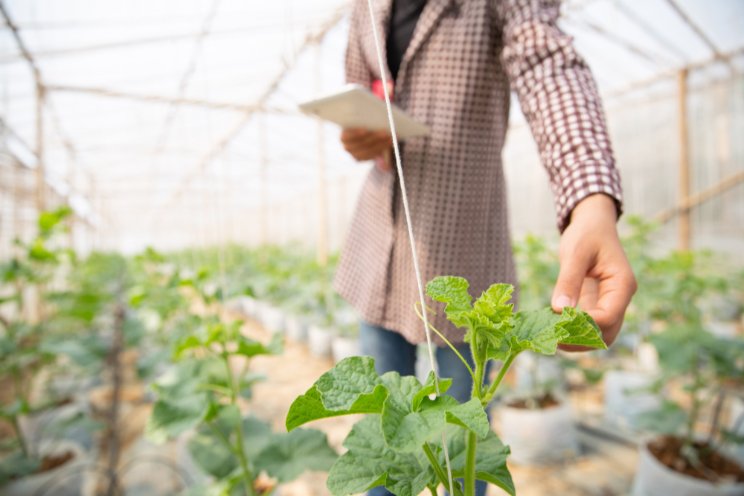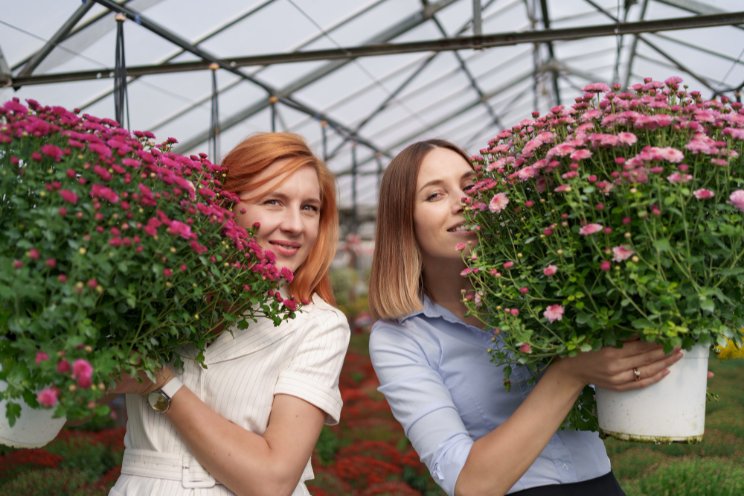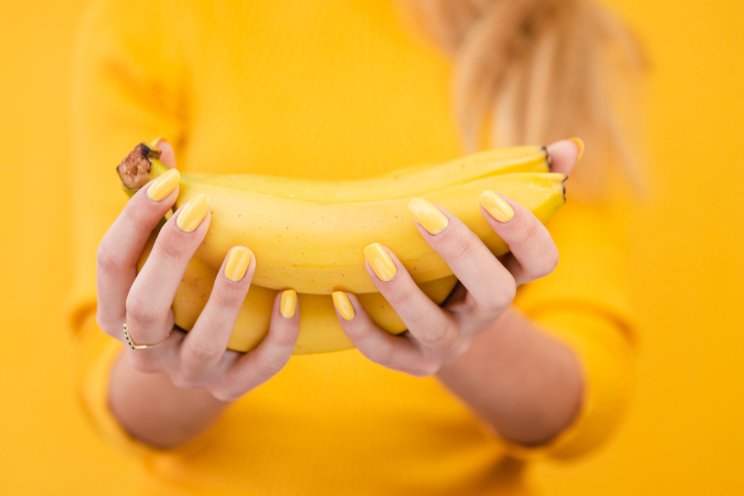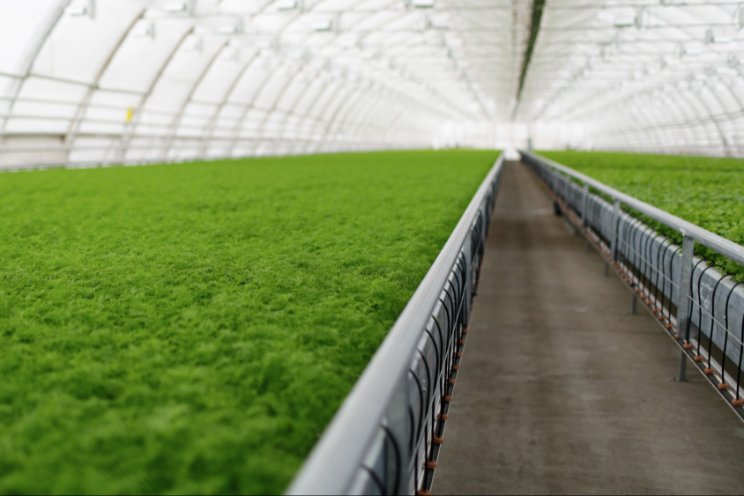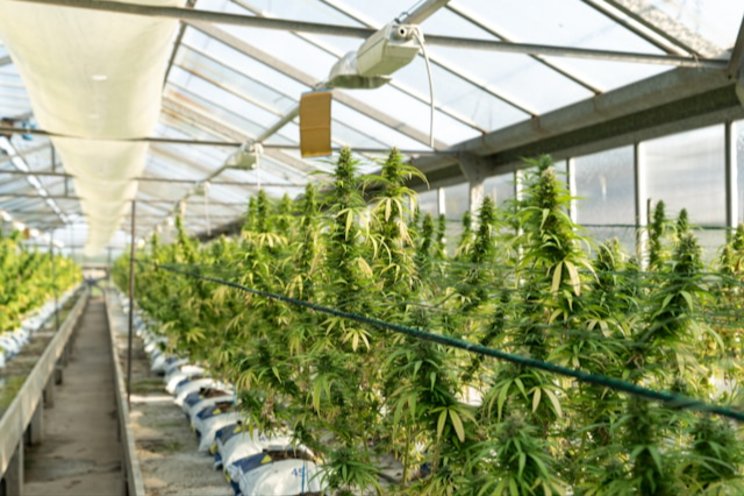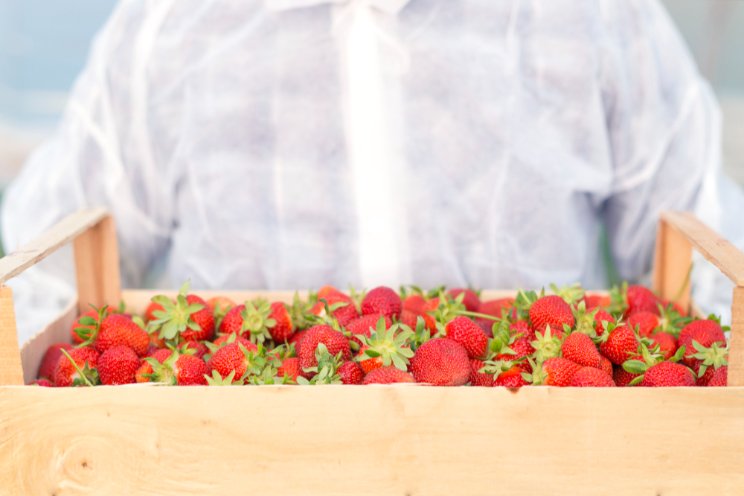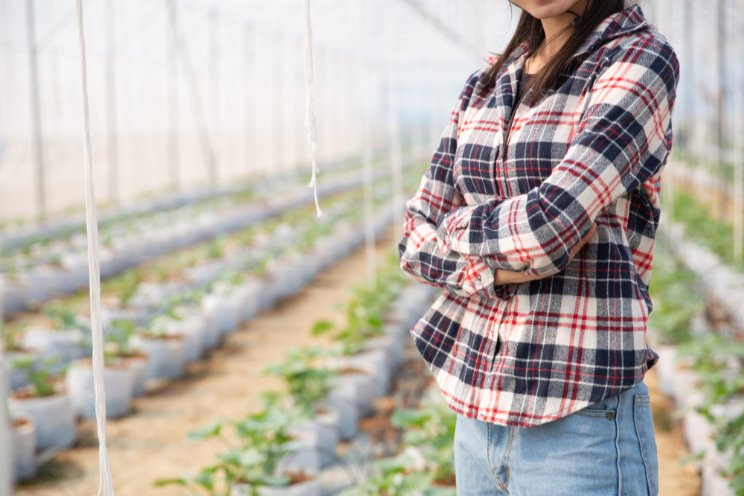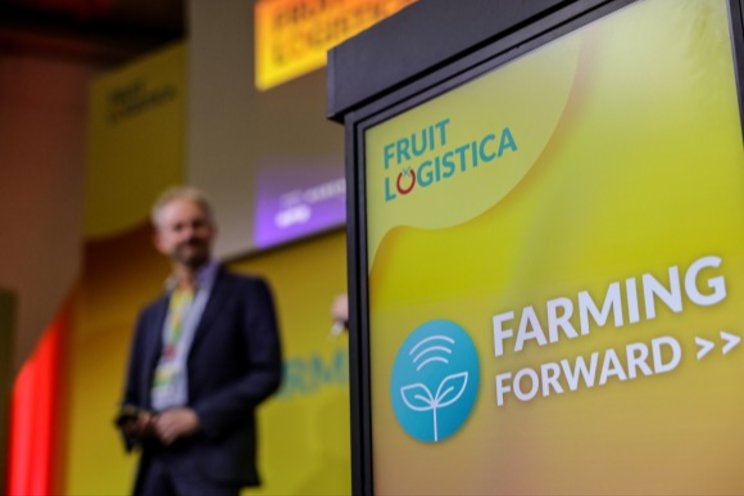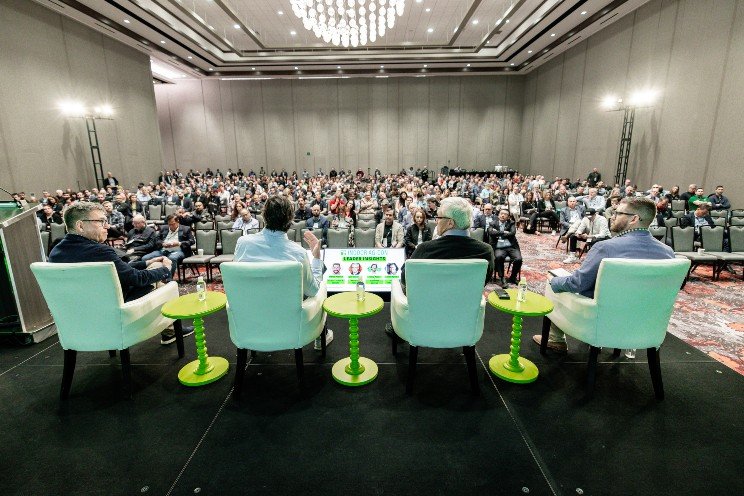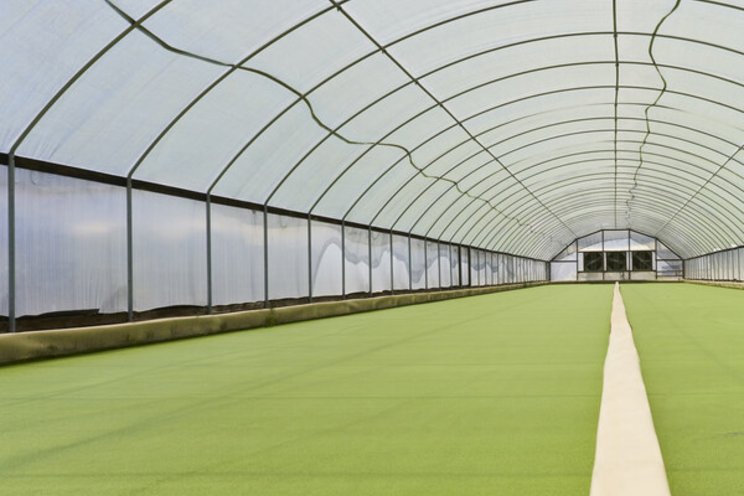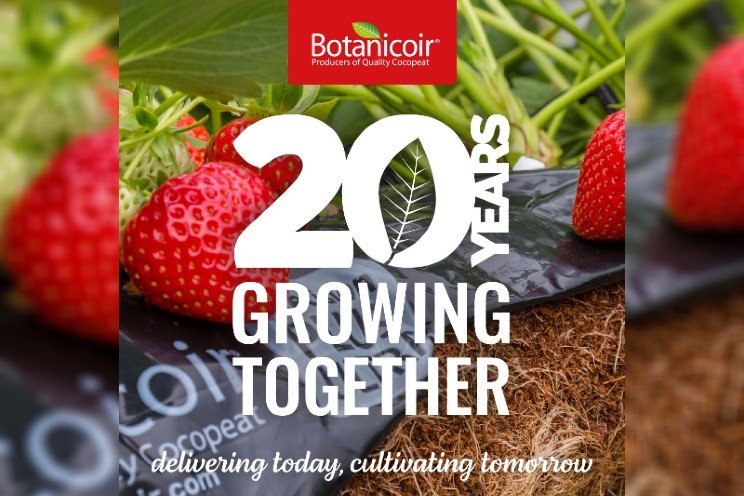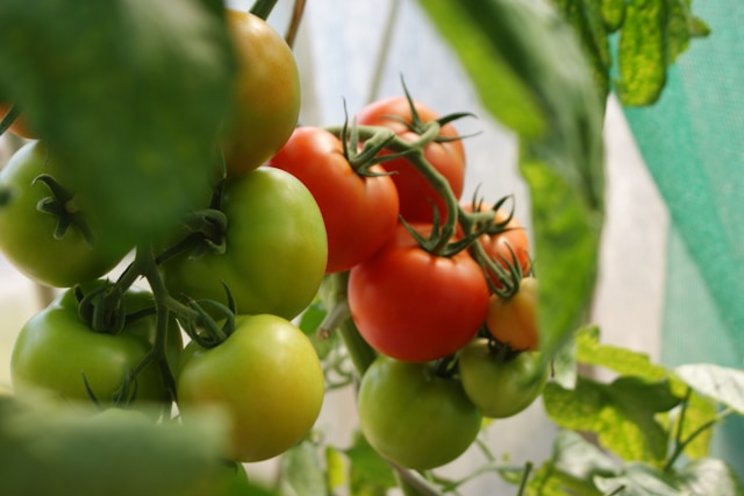Funding to boost quality of produce grown indoors
Added on 27 August 2020

The new venture, called Unfold, is based in Davis, Calif., with commercial and research and development operations in California and Singapore.
The startup company seeks to fill a void for the expanding indoor farming market, where growers often experiment with dozens or hundreds of traditional vegetable varieties before finding one that thrives in a greenhouse.
Unfold said it is responding to rapid growth predicted for indoor farming by the U.S. Department of Agriculture and other industry experts.

John Purcell was named CEO of a new vegetable seed company for indoor farms, called Unfold, that has backing and investment from Bayer. Photo courtesy of Bayer
The company's chief executive officer, John Purcell, said he saw the need for Unfold when he developed seeds for 30 years at the Monsanto Co. in St. Louis, which Bayer acquired in 2018. He said he realized none of the seeds he worked on was tailored to indoor farms.
Growth of indoor farming, also known as vertical farming, led Bayer to begin the business with Singapore-based Temasek, a conglomerate that owns banks, airlines and media companies. The founding companies invested $30 million in the venture.
Unfold said it is the only firm with a large genetic portfolio of crop varieties that will focus on vertical farming. The goal is to sell seed directly to vertical farm companies, or to nurseries that grow seedlings for those companies.
"In most breeding programs for crop seed, you have to worry about the pests and disease and drought tolerance and heat or cold tolerance," Purcell said. "We will focus on the varieties that grow best with indoor lighting and controlled moisture."
For example, Purcell said, Unfold might breed some plants over time to respond to different indoor lighting conditions by becoming more flavorful or containing more vitamins.
Purcell plans to meet with the largest indoor farm companies to understand their needs. He declined to identify the firms with which he has talked, but he said he will name an advisory board of industry leaders to advise Unfold about the market's needs.
Purcell did not provide a schedule for Unfold's rollout, saying the company is just getting started.
He said Bayer is attracted to the vertical farming industry because of its rapid growth, which is projected to continue.
The global vertical farming market was valued at $2.23 billion in 2018, and is projected to reach $12.77 billion by 2026, according to a 2019 report by analyst firm Allied Market Research.
Although Bayer is best known for pharmaceuticals, it has operated a crop sciences division since 2002, focused on agricultural protection chemicals such as herbicides and fungicides. The division expanded with the Monsanto acquisition.
Monsanto is known for the development of the controversial Roundup herbicide and the sale of seeds altered by genetic editing, known as GMOs, or genetically modified organisms.
Monsanto had a large crop seed portfolio from its development of GMO seeds that are resistant to Roundup, dominated by commodity crops such as corn and soybeans.
Unfold will not pursue GMO technology, though, Purcell said. It will use traditional breeding methods to develop vegetable seeds.
Such seeds that are tailored to an indoor environment would be a welcome addition at Brooklyn, N.Y.-based indoor farming firm Gotham Greens, said Viraj Puri, the co-founder and chief executive.
"We are very supportive of this because finding vegetable types to grow indoors has always been a challenge," Puri said.
"We've tried thousands of plant varieties to see which grow best indoors, knowing they were bred for outdoor growing -- for wind, bugs, disease and drought -- and we have none of that inside our greenhouses," he said.
As an example of problems that indoor farmers encounter, Puri said tomatoes that are bred to survive a windstorm have larger stems than are needed indoors.
Unfold will have access to the seed portfolio that Bayer's Crop Sciences division has developed for decades, with thousands of varieties. Puri said having a company with Bayer's resources will be a big boost for the industry.
"Traditionally, we had to rely on seed catalogs and sales representatives that make recommendations, but may not truly understand indoor farming," he said.
Indoor farming is a growing sector of agriculture due to the demand for fresh, local produce in urban areas. New technology -- computers and artificial intelligence -- allows more efficient lighting and irrigation techniques in greenhouses.
The vertical farming community is pleased with Unfold's founding, said Joel Cuello, a professor of agricultural and biosystems engineering at the University of Arizona and vice-chair of the Association for Vertical Farming, based in Munich, Germany.
"Bayer's new effort is very welcome, and to me it's a long time coming," Cuello said. "This will help to further develop the industry in a big way."
Still, there are challenges ahead of Unfold, CEO Purcell said.
"There's a lot of excitement, but there are so many different vertical farming structures," Purcell said. "There are tables, mats hanging on a wall, plants growing in clay, or sand, or just water. We have to be able to deliver quality for all those environments."
Source: UPI
Photo: Bayer is funding the startup of a new company, Unfold, to develop new seeds for indoor farming, like these tomato seeds sprouting at a Bayer vegetable research and development facility. Photo courtesy of Bayer
Source: UPI
More news
